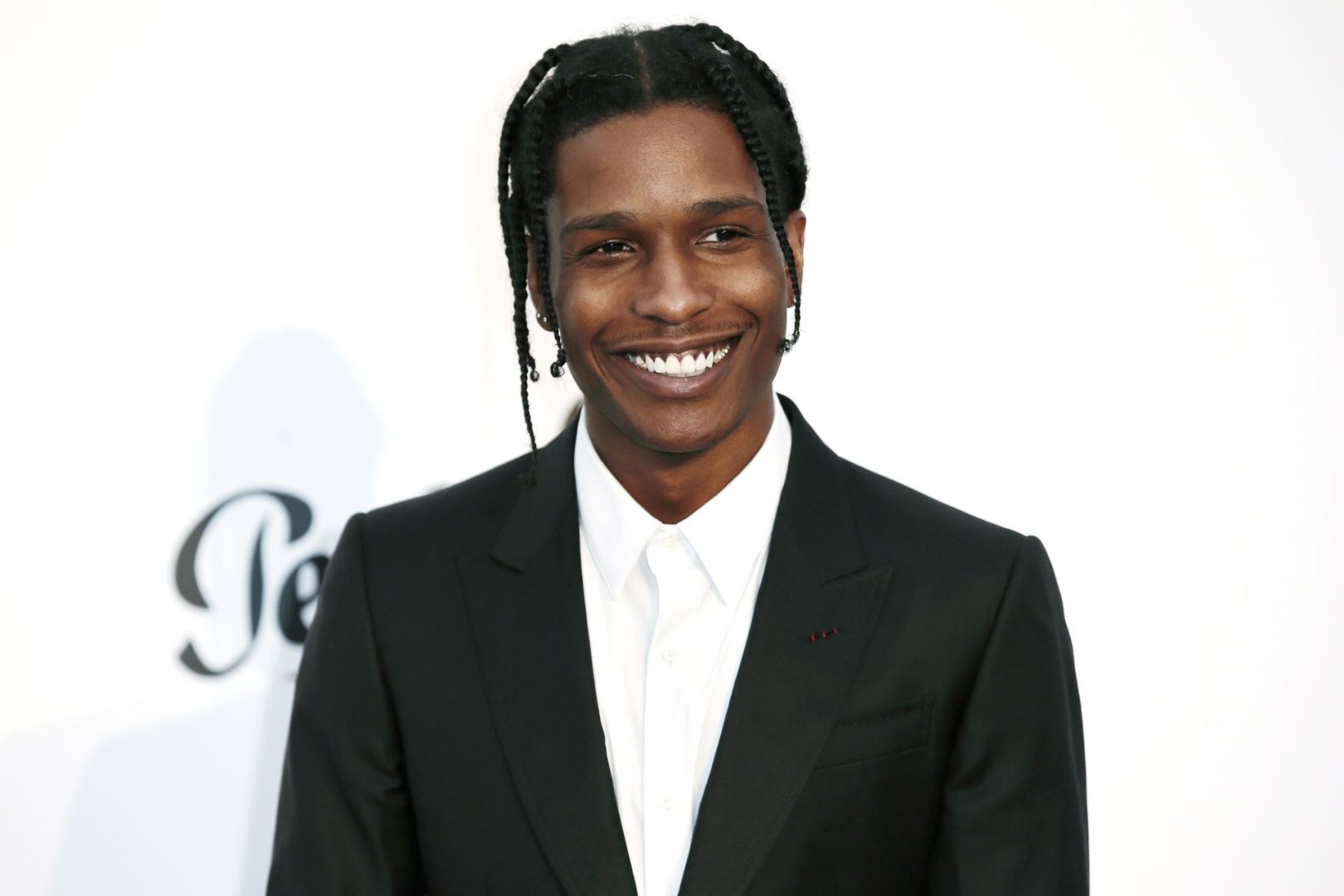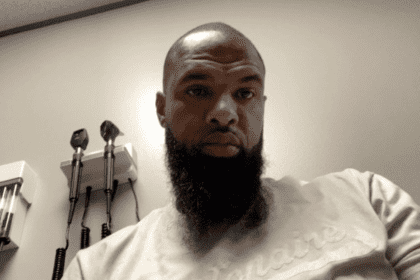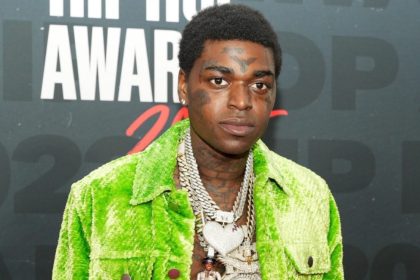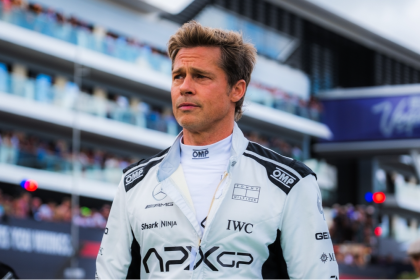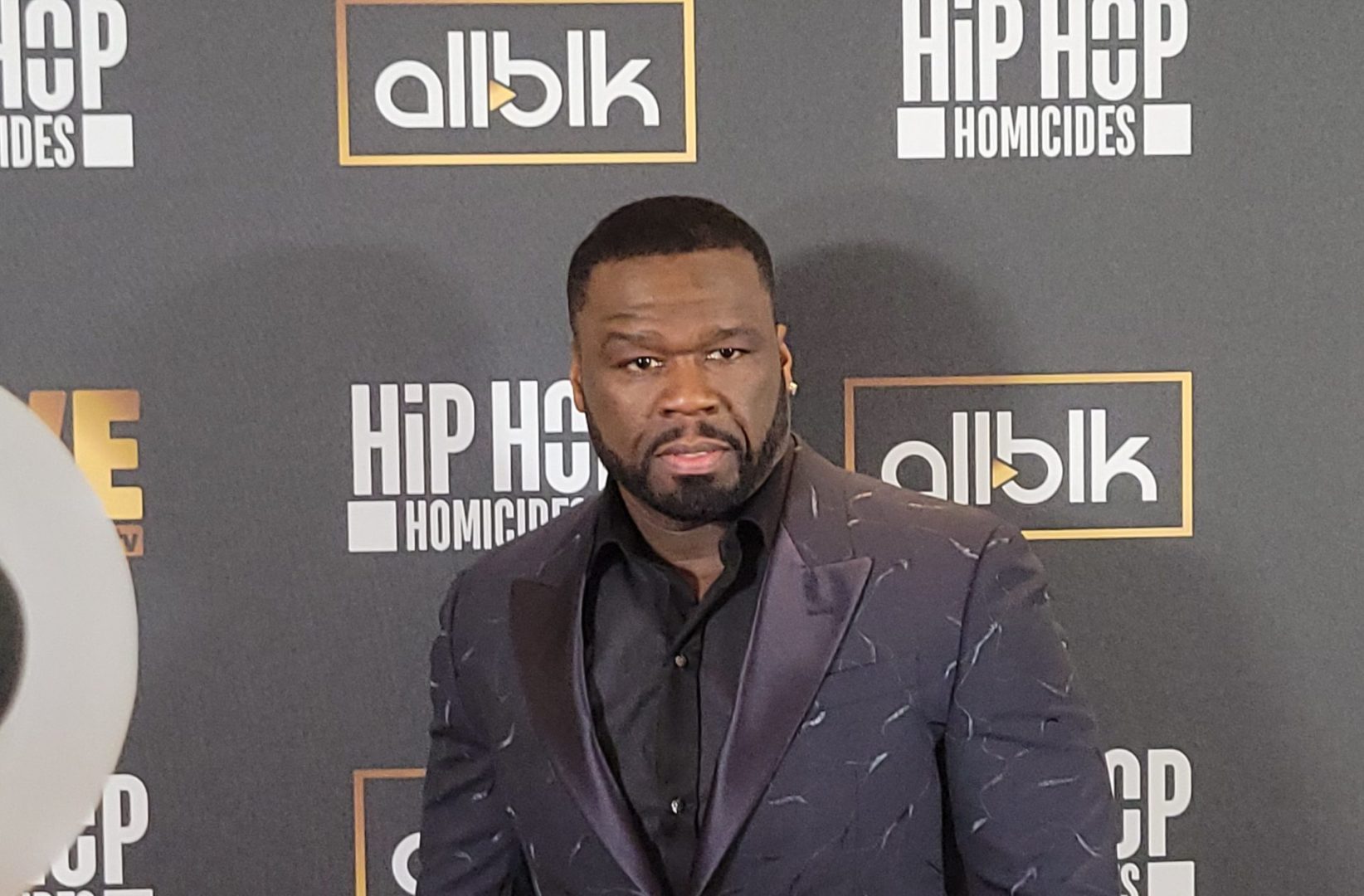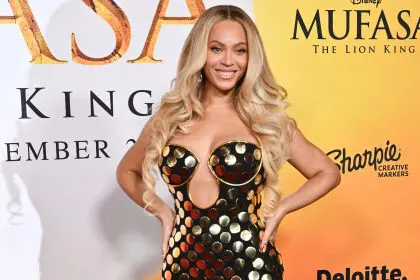Hip-hop artist sets sights on groundbreaking 007 opportunity
The entertainment world buzzes with intrigue as multi-talented performer A$AP Rocky reveals his aspirations to revolutionize one of cinema’s most enduring franchises. The rapper and budding actor has expressed interest in becoming the first Black performer to portray James Bond, potentially marking a historic shift in the long-running film series about Britain’s most famous fictional spy.
Breaking new ground
The 36-year-old artist, born Rakim Mayers, sees potential for transformation in the decades-old franchise that has traditionally featured white actors in the lead role. His declaration comes amid his expanding presence in Hollywood, where he continues to build a diverse portfolio beyond his established music career.
Challenging conventions, Rocky’s interest in the role represents more than personal ambition—it signals a broader conversation about representation in major film franchises and how iconic characters can evolve to reflect contemporary audiences.
From music icon to screen presence
Rocky first captured public attention through his innovative approach to hip-hop, blending traditional elements with avant-garde sensibilities. His musical creativity has consistently broken barriers, earning him acclaim across multiple albums and collaborations with artists spanning various genres.
His transition to cinema has been methodical. Rather than rushing to accumulate credits, Rocky has selectively chosen projects that showcase different aspects of his performance abilities. This calculated approach demonstrates his commitment to establishing credibility as an actor rather than merely capitalizing on his musical fame—credibility that would be essential for taking on a role as globally recognized as James Bond.
Building a filmography that stands independent of his recording success appears to be a priority for the artist, who acknowledges that physically preparing for action-oriented roles would require dedicated training and transformation.
Industry evolution
The conversation surrounding Rocky’s interest coincides with ongoing debates about diversity in major studio productions. Hollywood has faced increasing pressure to broaden representation both in front of and behind the camera, with particular attention paid to franchises that hold cultural significance.
The James Bond franchise has maintained remarkable longevity partly through periodic reinvention, with performers from Sean Connery to Daniel Craig bringing distinct interpretations to the character. Previous transitions between Bond actors have often sparked initial controversy before audiences embraced fresh perspectives on the iconic 007 role.
Shifting audience expectations have created an environment where substantive changes to established characters receive more consideration than in previous decades, when adherence to traditional casting models was largely unquestioned.
Creative horizons
Beyond his interest in the iconic spy role, Rocky’s entertainment portfolio continues to expand. His forthcoming dramatic comedy role in “If I Had Legs I’d Kick You” signals his willingness to explore complex characters that diverge from public perceptions of his persona.
Simultaneously, music remains a cornerstone of his creative output. His anticipated album “Don’t Be Dumb” has experienced several delays but maintains significant interest from his fanbase, who appreciate his willingness to experiment with production techniques and lyrical approaches.
Balancing dual careers presents challenges that Rocky appears to navigate deliberately, prioritizing quality over quantity in both fields rather than saturating either market with constant output.
Cultural impact
The significance of Rocky‘s potential casting extends beyond entertainment headlines. Representation in major film franchises carries symbolic weight, influencing how audiences perceive possibilities in both fictional narratives and real-world opportunities.
Previous discussions about diversifying the spy role have generated passionate responses from various perspectives. Some traditionalists argue for maintaining established character traits, while others contend that refreshing iconic roles creates opportunities for new interpretations that can revitalize familiar storylines.
Expanding possibilities for who can embody beloved characters ultimately enriches the creative landscape, allowing franchises to evolve alongside changing societal perspectives rather than becoming cultural artifacts frozen in time.
The path forward
Whether Rocky ultimately secures the coveted role remains uncertain, as casting decisions involve numerous factors beyond an actor’s interest. Production companies must consider commercial viability, creative direction, and audience reception when making such significant choices for valuable intellectual properties.
What remains clear is that conversations about representation have permanently altered how major studios approach casting decisions. The mere consideration of unconventional choices demonstrates a shift from earlier eras when diversity considerations rarely influenced major casting decisions.
As Rocky continues developing his acting credentials while maintaining his music career, his ambition highlights how contemporary artists increasingly refuse to accept arbitrary limitations on their creative potential.
The entertainment industry watches with interest as another barrier potentially prepares to fall, recognizing that today’s audiences increasingly expect media to reflect the diverse world they inhabit rather than reinforcing outdated conventions that no longer serve evolving cultural sensibilities.

